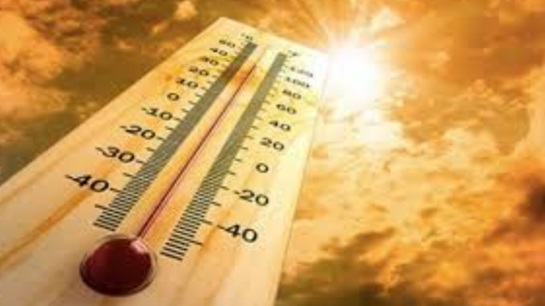 18-12-2020
18-12-2020
Extreme heat could cost US$250bn GDP loss by 2030

 Insurance Alertss
Insurance AlertssExtreme heat could cost US$250bn GDP loss by 2030
India would be among the first places in the world where extreme heat would make working outdoors dangerous in a decade's time, says a report released by global management consulting firm McKinsey.
Heat-exposed work, such as in agriculture and construction, drives 30% of GDP growth and employs about 75% of the total labour force in India.
“We estimate that the effective number of outdoor working hours lost will increase approximately 15% by 2030, resulting in approximately ... $150-250bn risk to GDP. By 2050, both the intensity of and exposure to lethal heat waves, as well as the impact on outdoor work, could increase in a nonlinear way,” said the report entitled “Will India get too hot to work?” published by the McKinsey Global Institute.
A lethal heat wave occurs when the average daily maximum wet-bulb temperature (the lowest to which air can be cooled with evaporating water) reaches a point that can kill a healthy human resting in the shade. Future heat waves in India could cross the survivability limit for a healthy human being sitting in the shade.
Without targeted adaptation action, around 160-200m people in India could annually bear a 5% chance of being exposed to a lethal heat wave as early as 2030, a ~40% cumulative likelihood over the decade centred on 2030. By 2050, both the intensity of and exposure to lethal heat waves, as well as the impact on outdoor work, could increase in a nonlinear way.
Given the inherent risk projection, adaptation is likely to happen, for example, by shifting working hours for outdoor workers, undertaking albedo heat management efforts in cities, establishing early-warning systems and cooling shelters to protect people, and, at the extreme, movement of people and capital from high-risk areas. Investing in heat management will be critical, and stakeholders will also need to consider approaches to accelerate the transition out of outdoor work already underway.
Source: Asia Insurance Review
